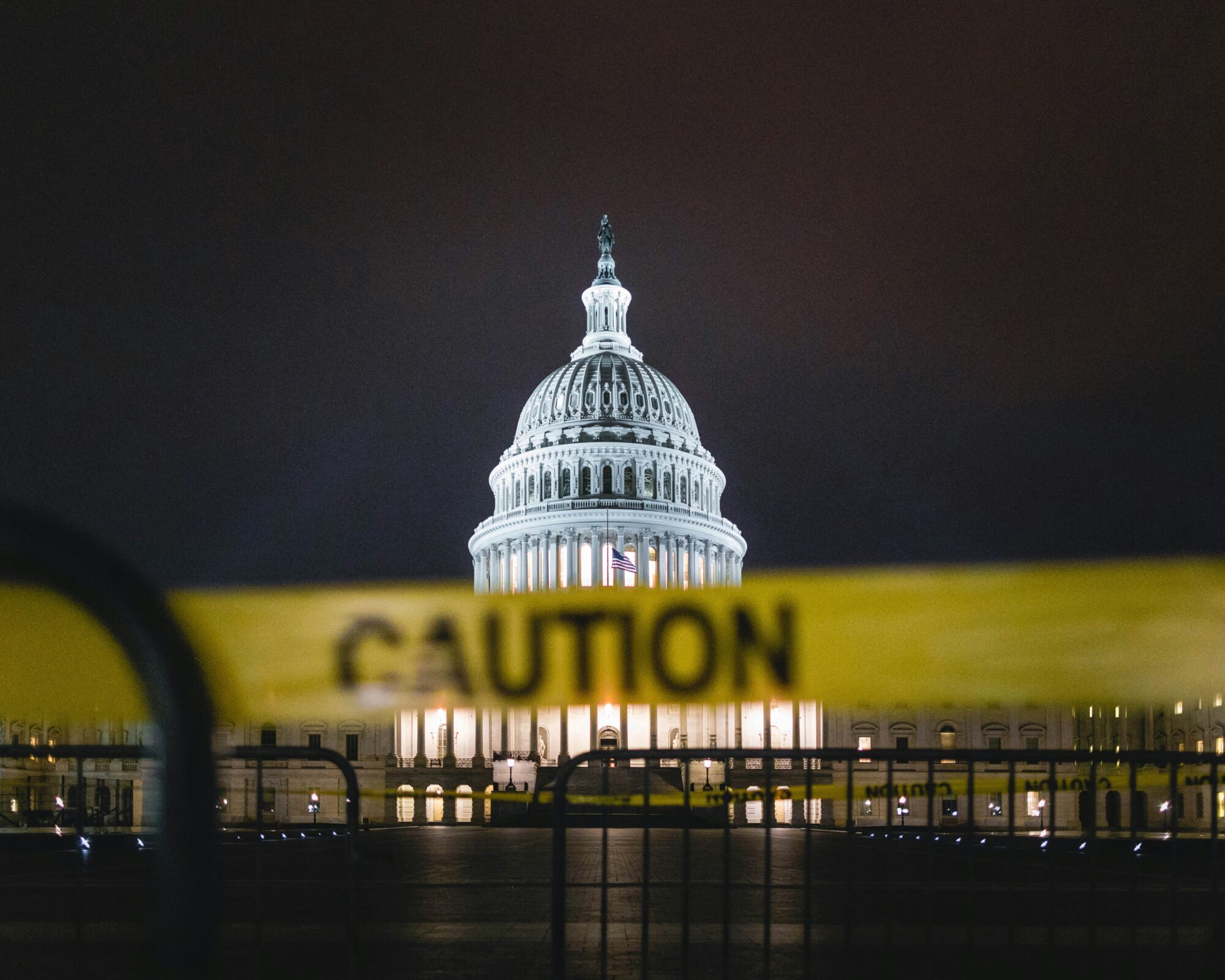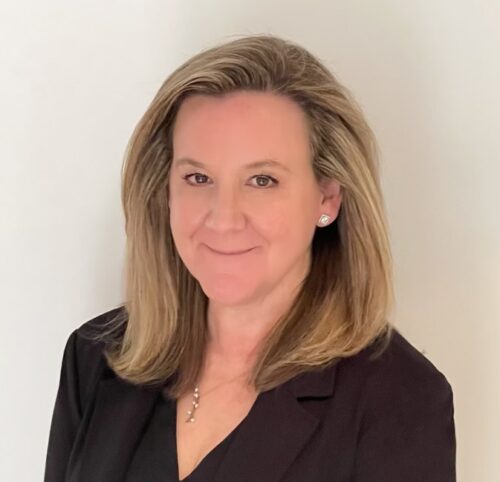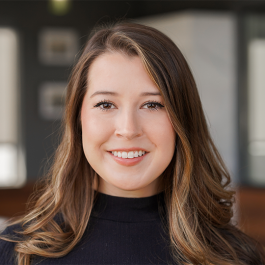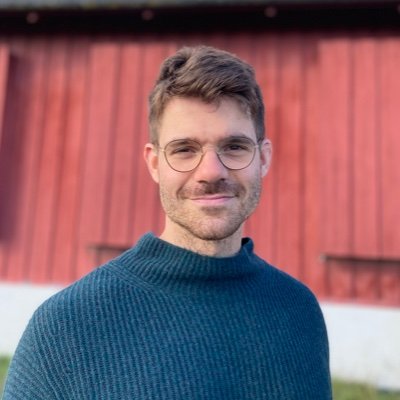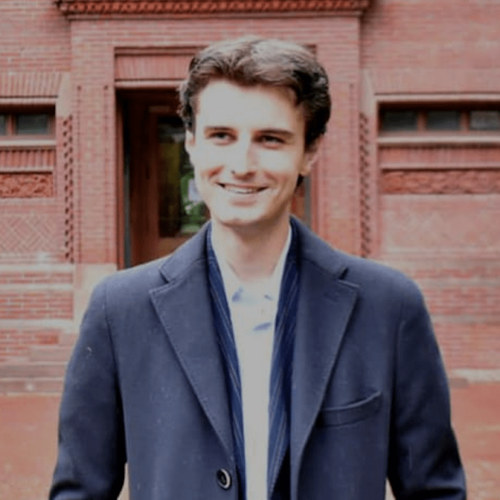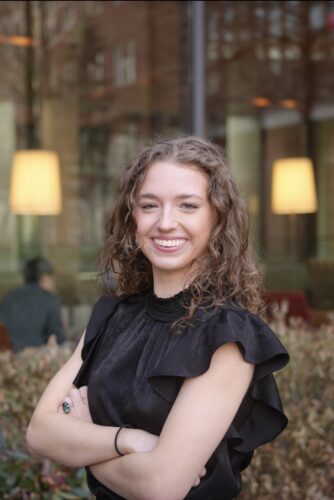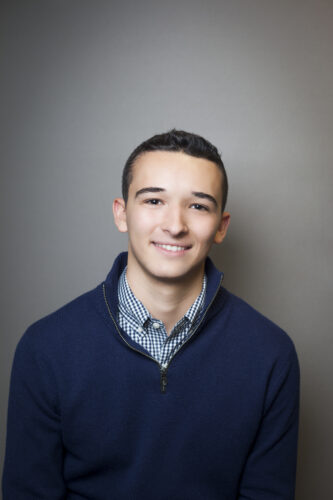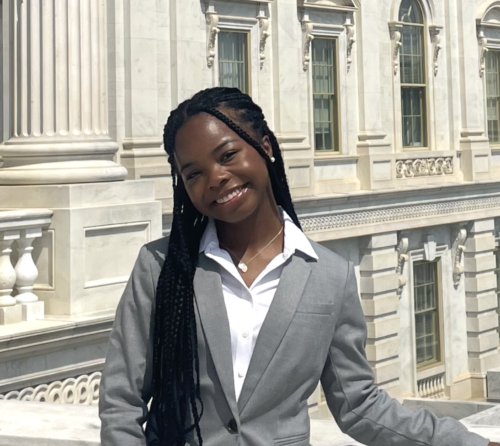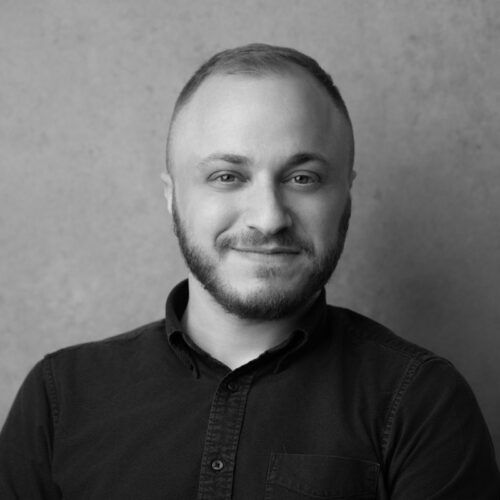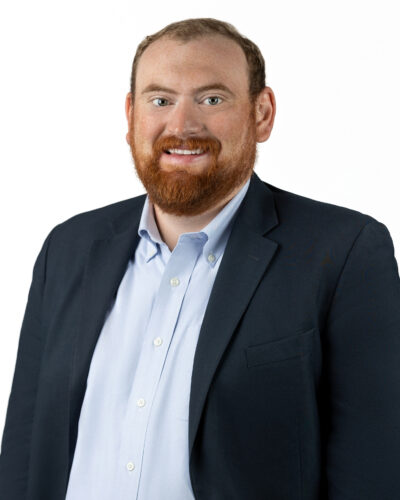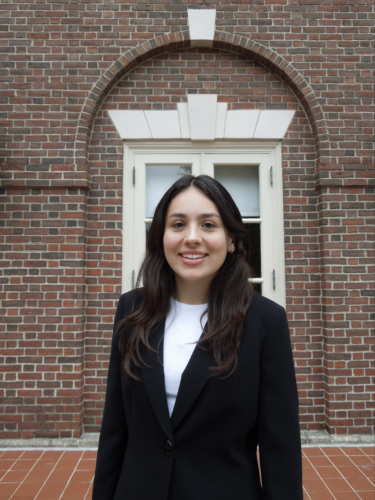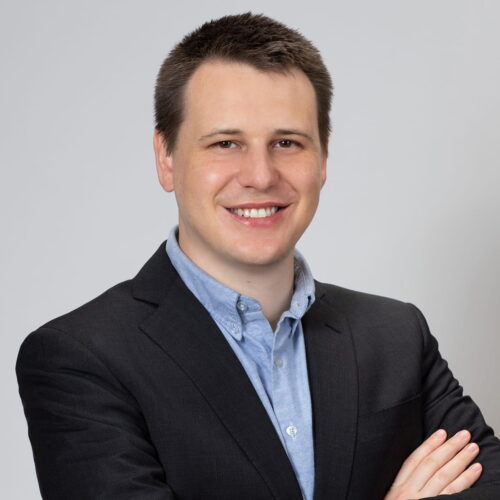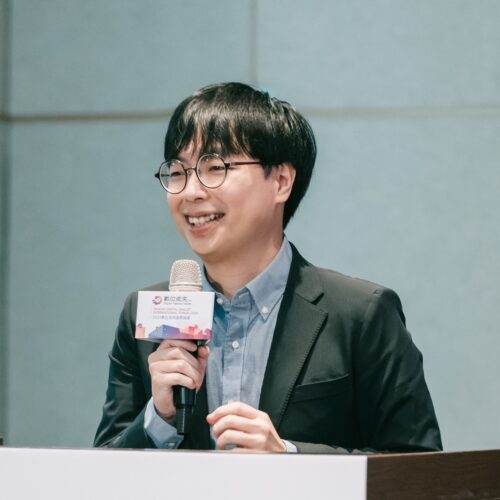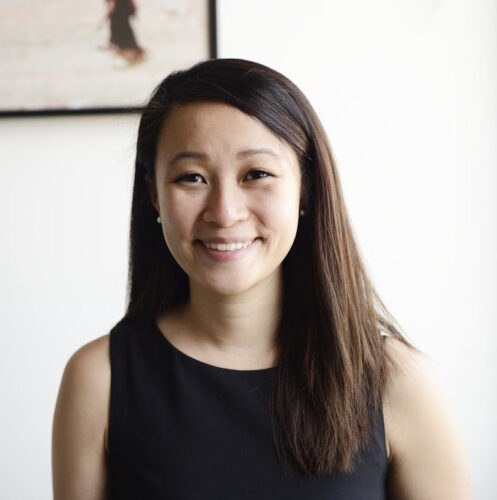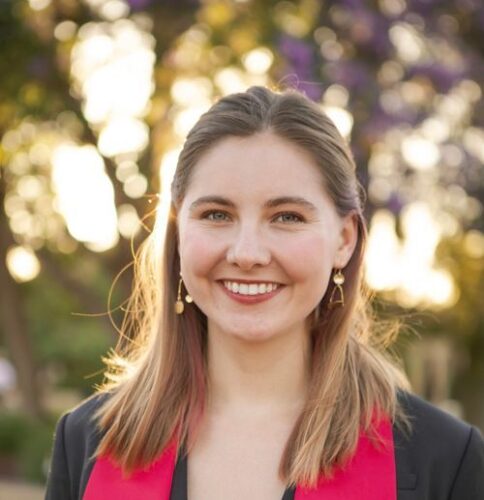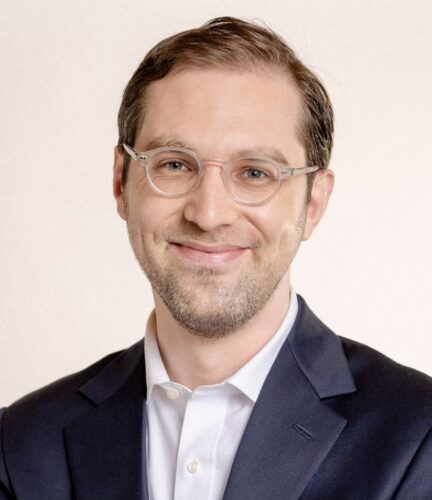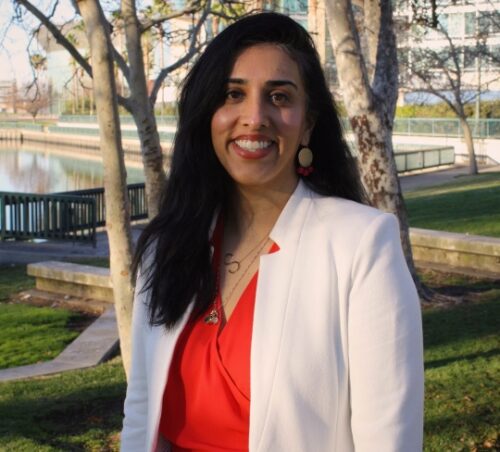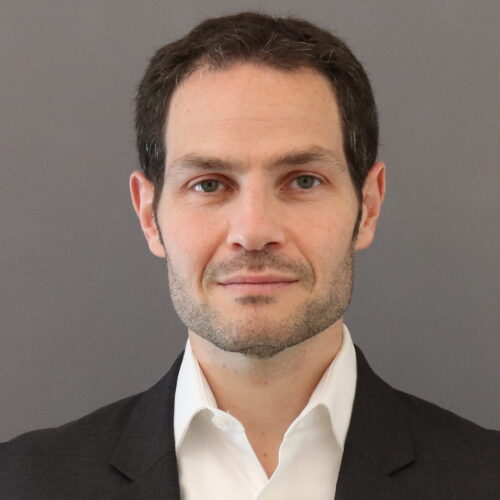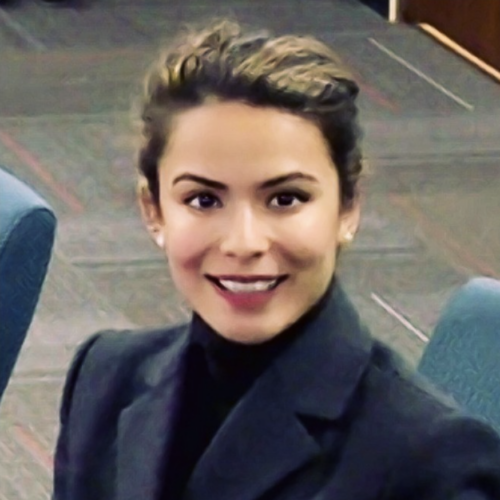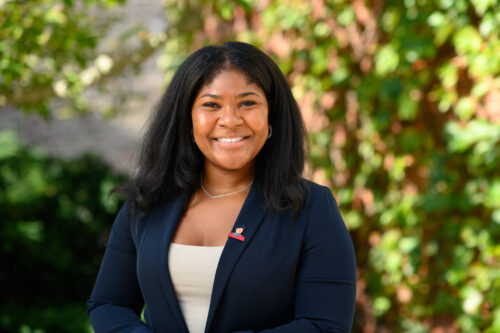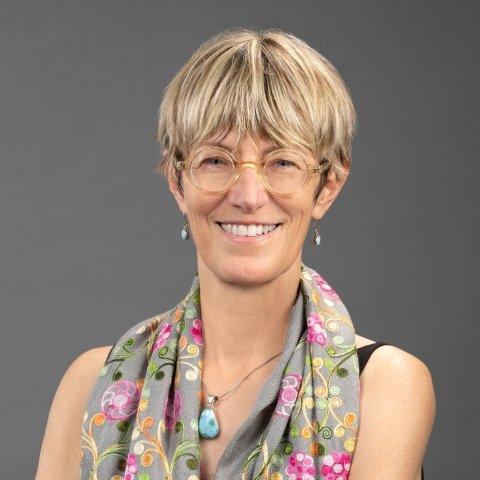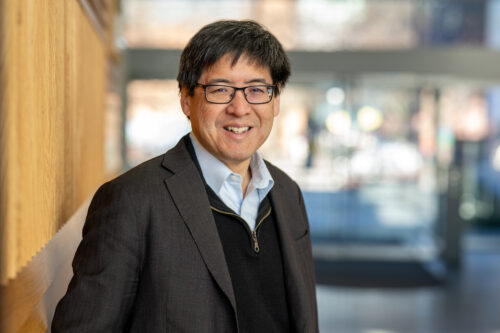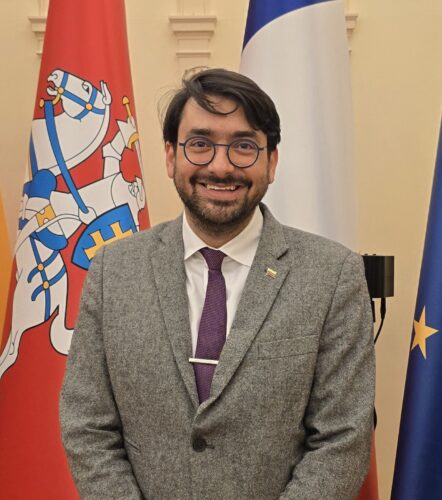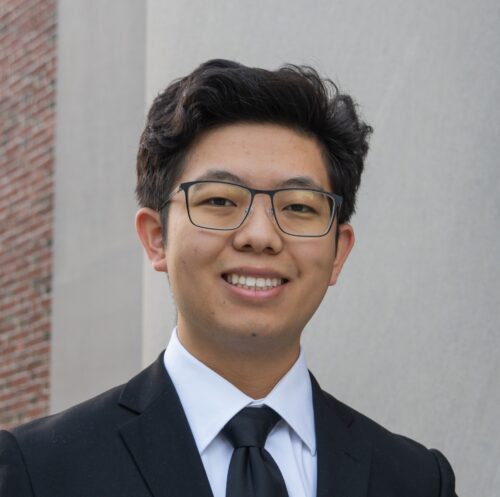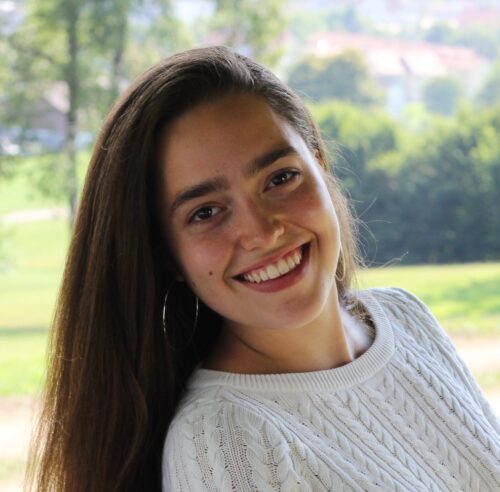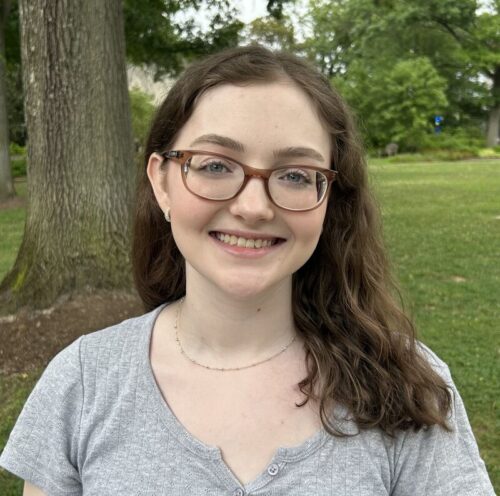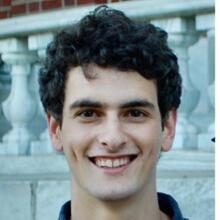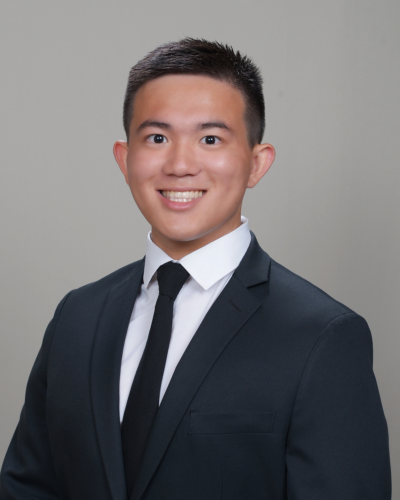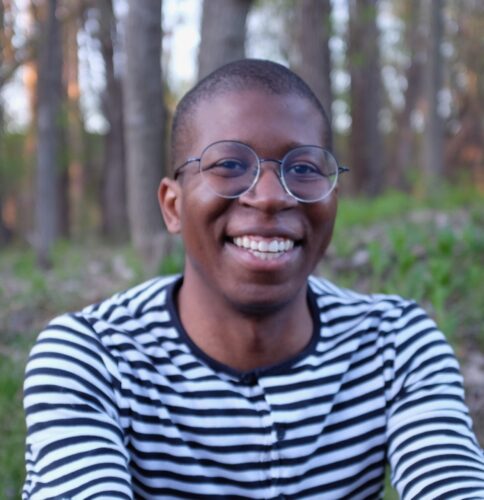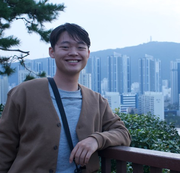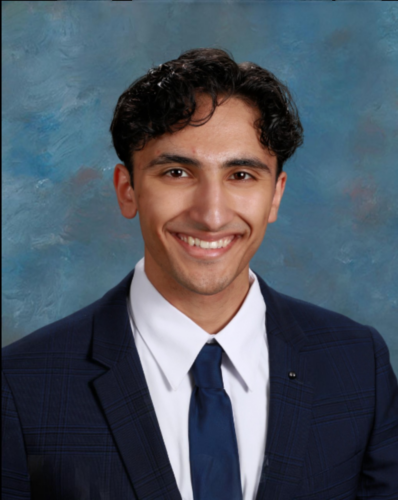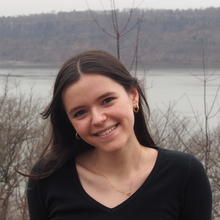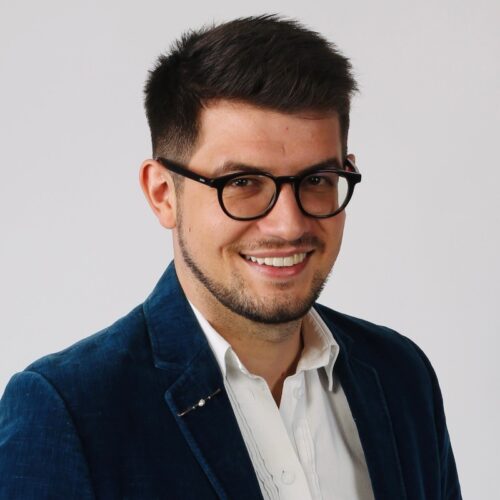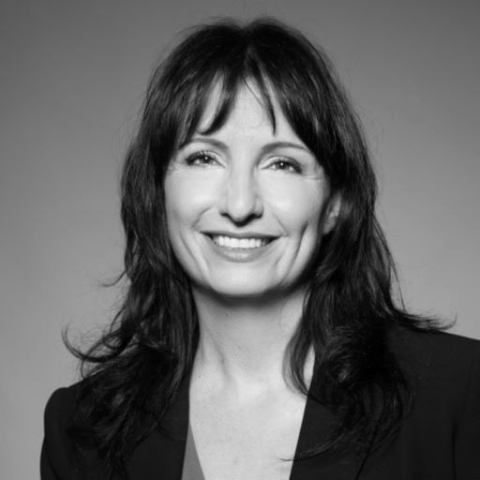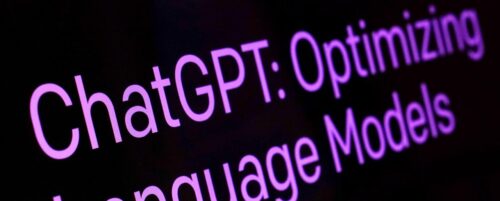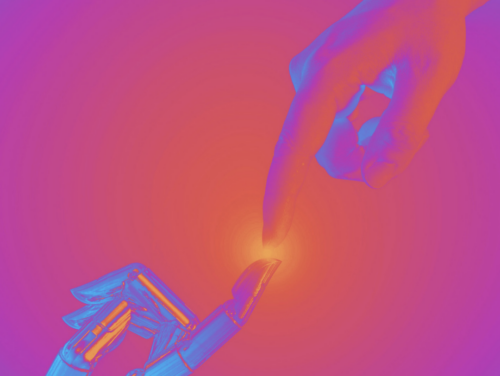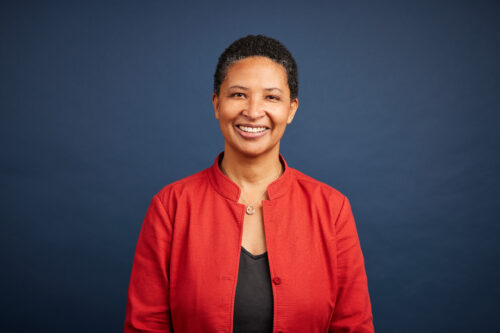
Danielle Allen
Professor of Public Policy, James Bryant Conant University Professor
Renovating democratic institutions for the 21st century
The Allen Lab for Democracy Renovation develops the policy innovations needed to achieve healthy democracy in the 21st century. Healthy democracy today must deliver responsive representation and effective decision-making for large, complex, heterogeneous, digitally-powered societies operating in a globalized economy. Our multidisciplinary community of scholars, practitioners, and partner organizations work together to shepherd concepts and reforms into practice — to translate research into impact.
The lab currently supports four key research workstreams:
Professor of Public Policy, James Bryant Conant University Professor
PhD, Senior Lab Director
Associate Director for Technology & Democracy
Lab Affiliate; Assoc. Professor, UCSF Law School
Doctoral Student, Harvard Government Department
Harvard College
Researcher, Harvard College
Doctoral Student, Harvard Government Department
Harvard College
Non-Resident Senior Fellow, Allen Lab for Democracy Renovation
July 2024-June 2026
Policy Fellow, AY2025-2026
Researcher, Harvard College
Doctoral Student, Harvard Government Department
Non-resident Policy Fellow, AY2025-2026
Policy Fellow, AY2025-2026
Researcher;
Doctoral Student, Harvard Government Department
Policy Fellow, AY2025-2026
Policy Fellow, AY2025-2026
Policy Fellow, AY2025-2026
Policy Fellow, AY2025-2026
Lab Affiliate; Executive Director, Berkman Klein Center
Doctoral Student, Harvard Government Department
Research Fellow, AY2025-2026
Senior Fellow, Allen Lab for Democracy Renovation;
Co-Director and Co-Investigator, GETTING-Plurality Research Network
Feb. 2024-Jan. 2026
Policy Fellow, AY2025-2026
Non-resident Policy Fellow, AY2025-2026
Harvard College
Researcher, Harvard College
Researcher, Harvard College
Researcher, Harvard College
Researcher, Harvard College
Researcher, Harvard College
Principal Investigator;
Post-Doctoral Fellow, Columbia University
Researcher, Harvard College
Professor, Santa Fe Institute
Researcher, Harvard College
Researcher, Harvard College
Researcher;
Master in Urban Planning Candidate, Harvard Graduate School of Design
PhD; Fulbright Alumnus
EthicAI and Former Visiting Fellow, Allen Lab for Democracy Renovation
Allen Lab Policy Fellow AY 2023-2025
Communications, Harvard College
Online Event
2:00 pm – 3:30 pm EST
Commentary
When is it time to start worrying about artificial intelligence interfering in our democracy? Maybe when an AI writes a letter to The New York Times opposing the regulation of its own technology.
Digital humanism highlights the complex relationships between people, society, nature, and machines. It has been embraced by a growing community of individuals and groups who are setting directions that may change current paradigms. Here we focus on the initiatives generated by the Vienna Manifesto.
Commentary
“… for all the consternation over the potential for humans to be replaced by machines in formats like poetry and sitcom scripts, a far greater threat looms: artificial intelligence replacing humans in the democratic processes — not through voting, but through lobbying.”
This Article reviews the anti-money laundering and counter-financing of terrorism (AML/CFT) framework and its application to cryptocurrencies. Then, it presents case studies demonstrating the important contributions that the AML/CFT toolkit has made to countries’ security.
The authors propose an alternate approach to mainstream AI practice that broadens the focus beyond algorithms viewed in isolation to processes of human-algorithm collaboration.
Podcast
Attempting to balance the challenging trade-offs between individual rights and our obligations to one another.
An interview with Allison Stanger
Web3 today centers around expressing transferable, financialized assets, rather than encoding social relationships of trust.
Policy Brief
Researchers and funders should redirect focus from centralized autonomous general intelligence to a plurality of established and emerging approaches that extend cooperative and augmentative traditions as seen in successes such as Taiwan’s digital democracy project to collective intelligence platforms like Wikipedia.
Facebook, YouTube, and other platforms make incredibly impactful decisions about the speech of billions. Right now, those decisions are primarily in the hands of corporate CEO’s—and heavily influenced by pressure from partisan and authoritarian governments aiming to entrench their own power.
Aviv Ovadya proposes an alternative: platform democracy.
Alison Stanger argues that the real threat to liberal democracies is not capitalism, but the growing inequalities that corporate surveillance in its unfettered form both reveals and exacerbates.
When AI is seen as a source of truth and scientific knowledge, it may lend public legitimacy to harmful ideas about identity.
This paper compares whistleblower protection politics in Europe and the United States to bring into fuller relief the vital role insider truth-telling plays in combatting global corruption, keeping elites honest, and sustaining liberal democracy.
